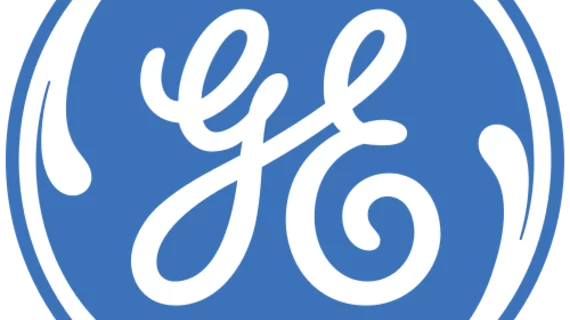GE moves to spin off healthcare division
After a year of soul searching and strategic review, GE announced its move today to spin off GE Healthcare into a standalone company over the next 12 to 18 months. The goal, the company said, is a leaner corporate structure with substantial reductions in debt.
Healthcare is one of eight businesses GE operates that also include power, oil and gas, renewable energy, lighting, aviation, transportation and specialty industrial financing (GE Capital). Going forward, GE corporate will focus on aviation, power and renewable energy, “creating a simpler, stronger, leading high-tech Industrial company.” The combining of its transportation business with Wabtec is pending.
This breakup of the corporate giant comes days after GE was delisted from the Dow Jones Industrials Average. The financial community applauded the move, with GE shares jumping 5.2 percent at $13.41 in premarket trading.
The spinoff of the healthcare unit mimics a similar move by rival Siemens that transitioned its healthcare business into a separately operated unit, Siemens Healthineers, in March.
While GE Healthcare is not offering comment on the move, they said in a statement it "will continue to focus on delivering precision health and improving clinical, operational and patient outcomes for our customers, offering great technology, underpinned by leading digital and analytics capabilities.”
GE Chairman and CEO John Flannery called GE Healthcare an “excellent example of GE at its best—anticipating customer needs, breaking barriers through innovation and delivering life-changing products and services.” He also offered that the move “will strengthen their market-leading positions and enhance their ability to invest for the future, while carrying the spirit of GE forward.”
GE Healthcare President and CEO Kieran Murphy will stay at the helm as the unit transitions into a standalone company that maintains the GE brand.
“GE Healthcare’s vision is to drive more individualized, precise and effective patient outcomes,” he said in a statement. “As an independent global healthcare business, we will have greater flexibility to pursue future growth opportunities, react quickly to changes in the industry and invest in innovation. We will build on strong customer demand for integrated precision health solutions and great technology with digital and analytics capabilities as we enter our next chapter.”

